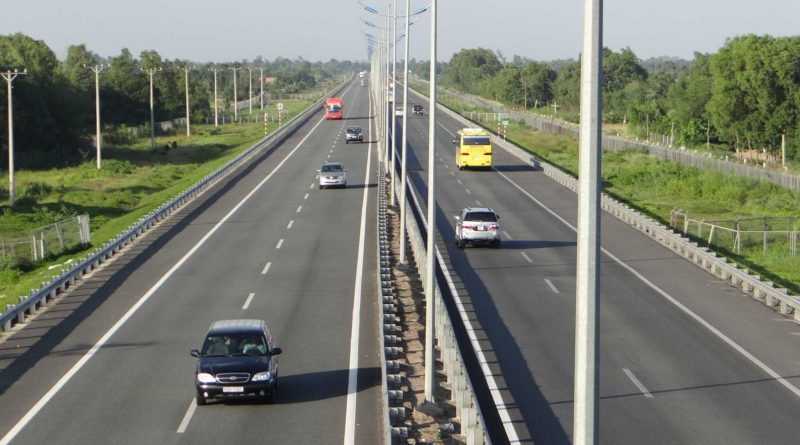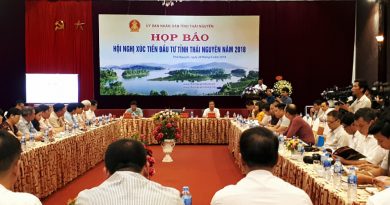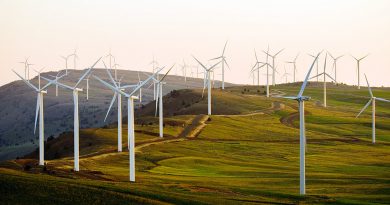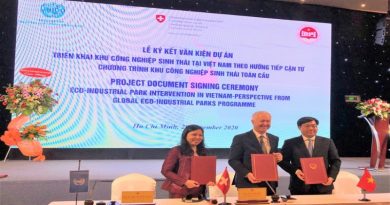Will the North-South expressway attract investors?
Will the North-South expressway attract investors? – Due to some strict requirements, some experts said it will be difficult for the North-South expressway to attract investors.
Vietnamese investors registering to attend the bid for eight component projects of the north-south expressway have complained that they have found it difficult to compete with foreign investors to win the bids.

28 Vietnamese enterprises, 16 Chinese, and 5 South Korean, French and Singaporean companies have registered to buy bidding documents for the eight projects to be implemented under the BOT mode.
The Ministry of Transport (MOT) affirmed that it has set very strict requirements to avoid incapable investors. The strict requirements have been applauded by experts.
However, Vietnamese enterprises complained that the requirements are out of their reach. The stockholder equity of the investor, for example, must be equal to 20 percent of total investment capital of projects at minimum.
Other requirements on financial capability, technical experience and implementation method all put pressure on Vietnamese investors, making it difficult to compete with foreign investors.
Analysts also commented that the strict requirements are a big challenge for domestic contractors, especially ones with small scale.
However, even enterprises with large scale are not interested in the projects.
The Vietnam Expressway Corporation (VEC), VIDIFI, Vingroup, Sun Group and Xuan Thanh, for example, are all large corporations which invested in large-scale transport projects and can satisfy the strict requirements set by the Ministry of Transport.
Asked why his enterprise did not intend to attend the bid for the north-south expressway project, the manager of an enterprise said the problem doesn’t lie in the capability to satisfy the requirements, but in the unattractiveness of the BOT mode.
He said the current regulations on BOT remain unclear. The construction costs are very high, while investors can take back the investment capital through fee collections.
In principle, the time for fee collection is clarified in contracts, but investors face many risks, such as unstable traffic capacity. Meanwhile, the regulations on fee collection are changeable.
Tens of BOT projects have been meeting difficulties recently: they have had to shut down fee collection stations and shorten the collection duration.
“Spending trillions of dong at once and gleaning every coin for 15-20 years is too risky, which makes BOT projects no longer attractive,” he said.
Meanwhile, the BT projects under which “land is exchanged for infrastructure” are much more attractive.
Hanoi authorities in late 2017 released the list of 12 transport BT projects with “total investment capital of VND136 trillion. Under the projects, investors build roads and get the land”.
Vingroup has registered to implement the project on the 5 kilometer elevated belt road No 2 that links Vinh Tuy Bridge and Nga Tu So.
Source: vietnamnet.vn





